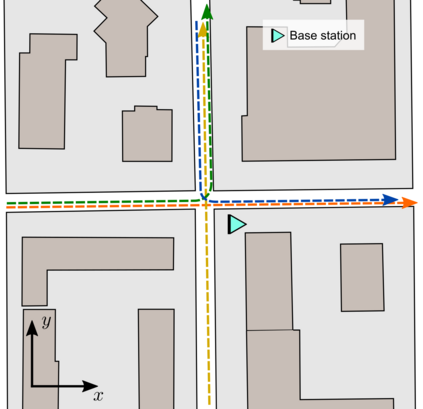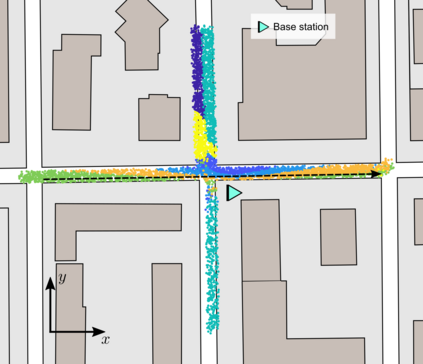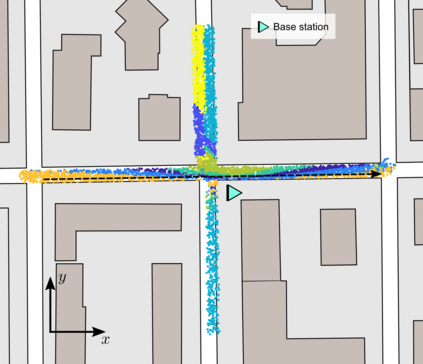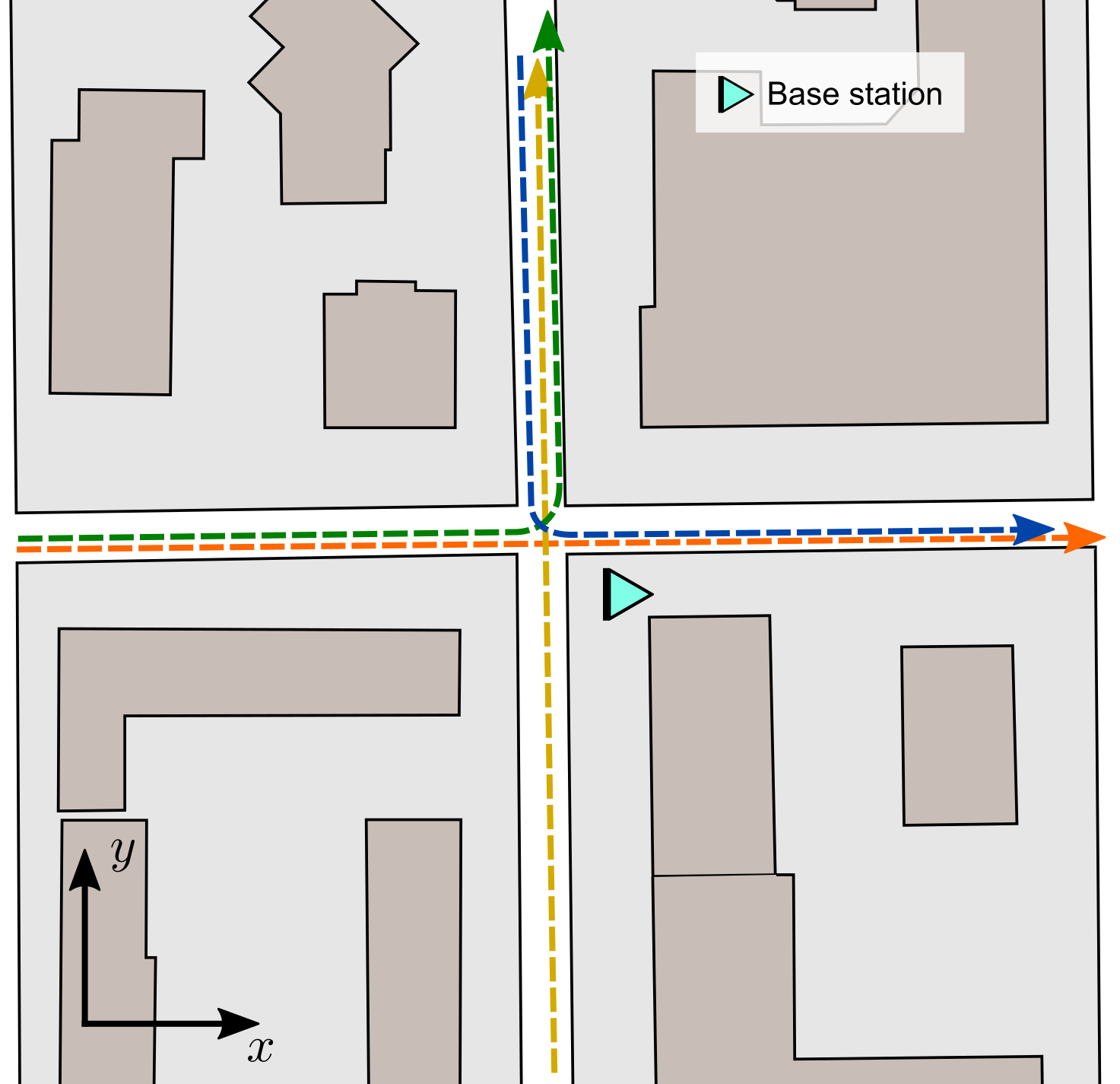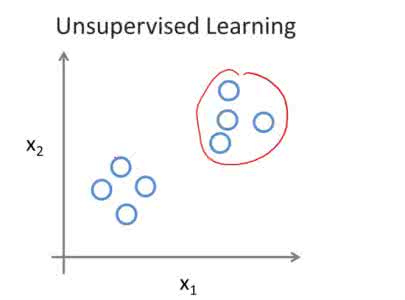MIMO systems in the context of 6G Vehicle-to-Everything (V2X) will require an accurate channel knowledge to enable efficient communication. Standard channel estimation techniques, such as Unconstrained Maximum Likelihood (U-ML), are extremely noisy in massive MIMO settings, while structured approaches, e.g., compressed sensing, are suited to low-mobility scenarios and are sensitive to hardware impairments. We propose a novel Multi-Vehicular algebraic channel estimation method for 6G V2X based on unsupervised learning which exploits recurrent vehicle passages in typical urban settings. Multiple training sequences are clustered via K-medoids algorithm based on their \textit{algebraic similarity} to retrieve the MIMO channel eigenmodes, which can be used to improve the channel estimates. Numerical results show remarkable benefits of the proposed method in terms of Mean Squared Error (MSE) compared to standard U-ML solution (15 dB less).
翻译:6G车辆对一切(V2X)情况下的MIMO系统需要准确的信道知识,以便能够进行有效的通信。标准通道估计技术,如无限制的最大隐蔽(U-ML),在大型MIMO环境中极为吵闹,而结构化方法,例如压缩遥感,适合低移动情景,对硬件缺陷敏感。我们提议对 6G V2X 采用新的多功能代谢信道估计方法,该方法基于未经监督的学习,在典型的城市环境中利用经常性车辆通道。根据K-Medoids算法将多种培训序列集中到K-Medoids算法中,以其\ textit{algebraic 相似性} 来检索MIMO 频道的eigenmodes,后者可用于改进频道估计。数字结果显示,与标准的U-ML解决方案(15 dB 更少)相比,拟议方法在平均错误方面大有益处。

